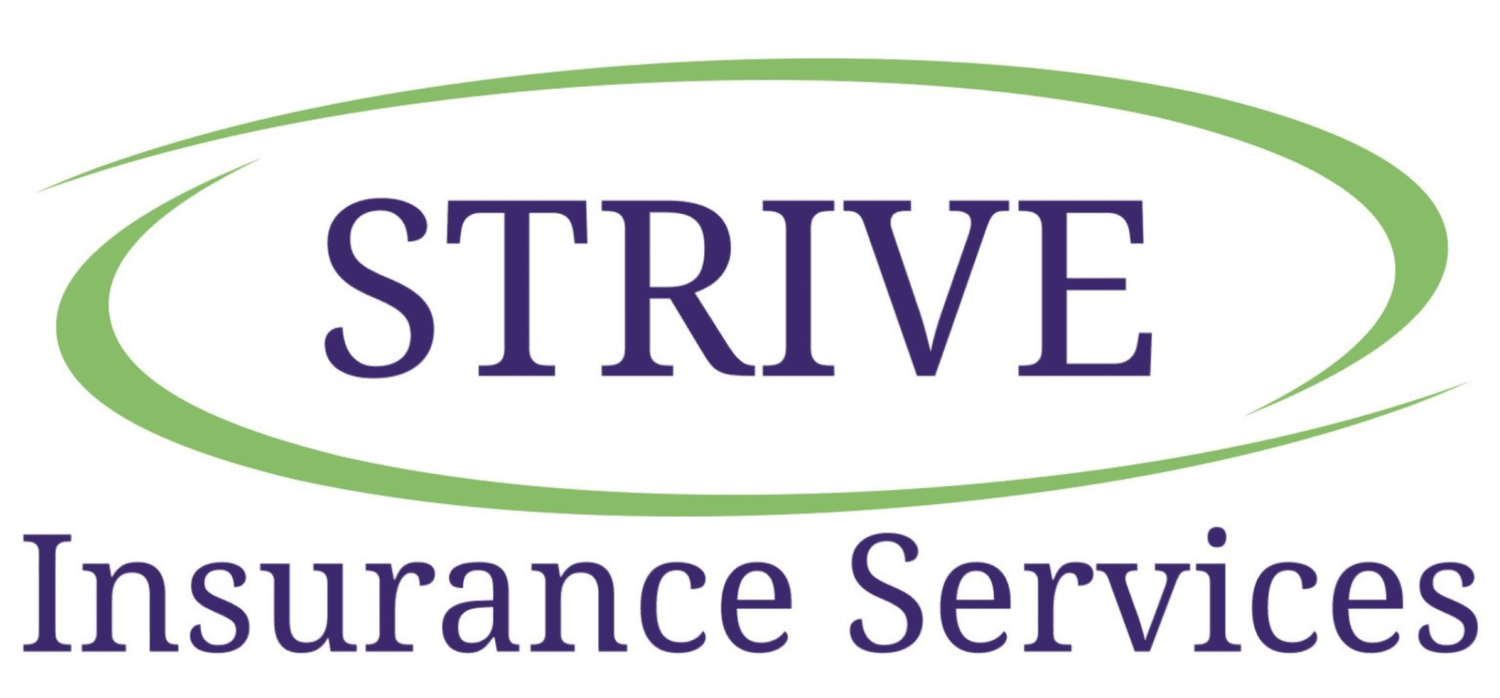Why Volunteer Insurance Is Important
“Why Volunteer Insurance Is Imporant - A Real Life Example”
Shane* is a volunteer at a local organisation that operates a food pantry. During one shift he was in the dock, unloading a delivery with his team when another volunteer accidentally dropped a crate of food on Shane’s right foot.
Shane received immediate first aid from a staff member, but his supervisor also organised for another staff member to drive Shane to the emergency department. Unfortunately, Shane had a complex fracture impacting multiple bones and soft tissue damage, which required a cast, the use of crutches, future x-rays and physio. This also meant that Shane needed significant time off work as he couldn’t drive or be on his feet for any extended time.
Shane and his supervisor completed incident reports that were submitted to their insurer, and a claim was initiated. Luckily, the organisation has recently done a review of their insurance and realised they didn’t have proper cover for their volunteers, as they weren’t covered under the standard Worker’s Compensation policy. Their volunteer manager advocated strongly for ensuring volunteers would be looked after if anything went wrong during their shifts, so the organisation had asked their broker to set up a Voluntary Workers Personal Accident policy.
The claim ended up covering Shane’s non-Medicare medical expenses and 85%^ of his lost earnings. It would have been devastating for both Shane and the staff who worked with him during his volunteering if he was left out of pocket and in financial stress because of an incident that occurred when he was generously donating his time to help others. Shane was able to return to work – and his volunteering role – as his foot healed
“I never would have thought twice about insurance for volunteers, but now I know firsthand how important it is. To be honest, I don’t know what I would have done if I wasn’t covered – I probably would have ended up needing help from the same service I help out at, because I don’t know how I would have kept food on the table for my family with that much time off work and all the extra medical expenses”
The incident also highlighted the need for some changes in organisational procedures and training for staff and volunteers to help prevent similar incidents in the future. The broker was able to support the organisation to access resources through the insurer that helped better educate staff on how to reduce the risk of future insurance claims and make some of those changes.
*Names have been changed to protect privacy.
^Insurance policies will vary in the maximum percentage of lost earnings that will be covered. Waiting periods will also apply so it’s important to read and understand the PDS and policy schedule, as well as communicating this information to staff and volunteers.
